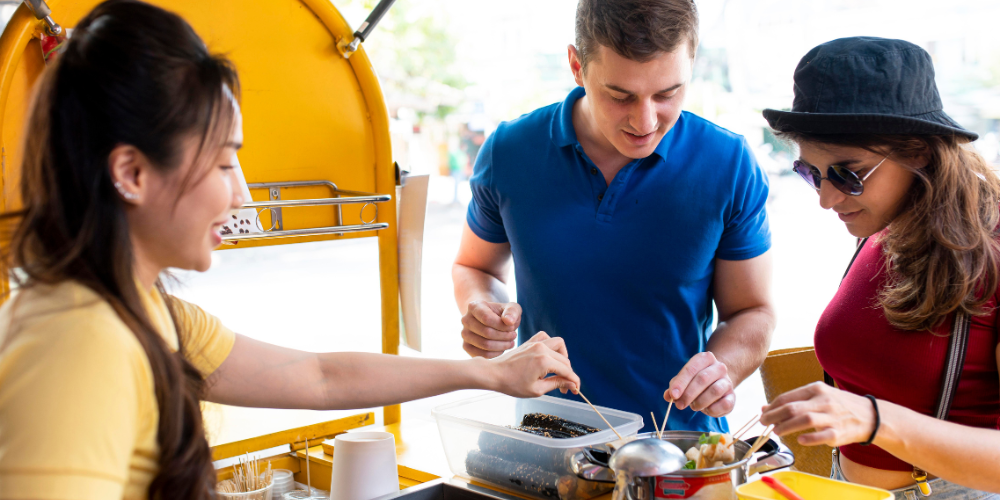
Which Foods Should You Avoid When on Holiday?

Vacations are meant to be filled with unforgettable moments, but one wrong meal can turn a dream trip into a health disaster. Travelers are becoming more daring with food choices, often inspired by TV shows and social media, yet many don’t realize the risks involved. A single bite of the wrong dish can quickly lead to food poisoning, allergies, or hours stuck indoors instead of exploring a new destination.
Why Risky Food Choices Are on The Rise
In recent years, adventurous eating has become a trend. Popular travel shows often highlight exotic dishes, from fried spiders in Bangkok to butter tea in Tibet, making viewers curious to try something unusual. This growing curiosity pushes tourists toward foods they might otherwise avoid.
Medical experts caution against this habit. Jeff Weinstein, a medical operations manager at Global Rescue, points out that local germs are unfamiliar to a traveler’s system. Even a mild stomach bug can disrupt an entire trip. His reminder is clear: food choices abroad should balance excitement with safety.
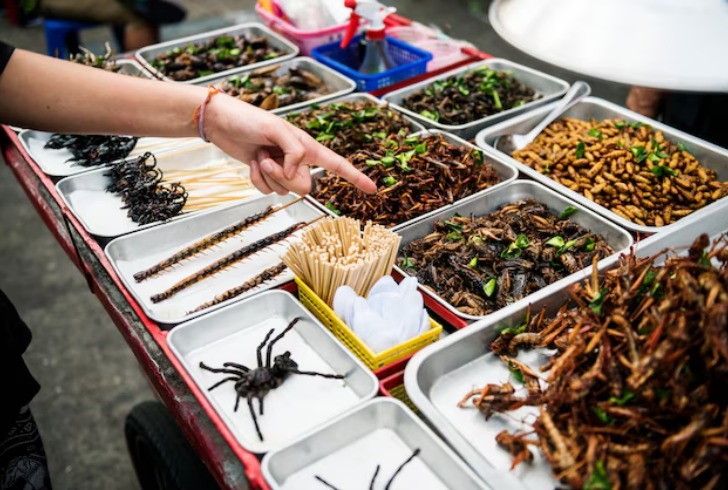
Freepik | Tourists explore exotic street foods with curiosity but real safety depends on making careful choices.
Real-Life Travel Food Mishaps
Many travelers have learned the hard way that not every dish is worth the risk. Take Meg Wubbenhorst, who tried a cannabis-infused “space cake” in Amsterdam. She expected a fun cultural experience, but instead spent six uncomfortable hours in her rental, waiting for the effects to pass. Her story proves that even something sold in a popular tourist destination can derail a vacation.
Another traveler, Chahanler Marks, sampled deep-fried crickets from a Bangkok vendor. Unfortunately, they had been sitting in the heat for hours, leading to severe stomach pain that ruined the rest of his trip. Similarly, Michael Conforti picked up a simple prepackaged sandwich at an airport. By the time he landed in New Mexico, he was too sick to enjoy his trip.
Even seemingly harmless dishes can carry surprises. One traveler in Cape Town found this out the hard way when a falafel salad triggered their child’s severe reaction to eggplant—a food allergy they hadn’t known existed. Incidents like this are reminders that unexpected reactions can happen anywhere.
Foods to Avoid While Traveling
While no rulebook can anticipate every hazard, food safety experts consistently flag a few categories worth avoiding:
Raw or Undercooked Meat and Seafood
Sushi, rare beef, or lightly cooked shellfish may sound tempting abroad, but conditions aren’t always controlled. Medjet’s COO, John Gobbels, warns that freshness isn’t guaranteed, particularly in hot or inland regions. His advice: skip it.
Buffets
That spread of hot trays and colorful salads can hide a risk. Foods kept at unsafe, lukewarm temperatures provide a breeding ground for bacteria. Washington State University’s Stephanie Smith urges travelers to consider how long the food has been sitting out before piling a plate.
Dairy in warm climates
Unpasteurized milk or soft cheeses are quick to spoil when refrigeration is unreliable. Bob Bacheler of Flying Angels suggests avoiding dairy-heavy sauces and spreads in such environments—warm weather and dairy don’t usually end well.
Pre-cut fruits and salads
Often rinsed in local tap water, they can expose visitors to bacteria. Dietitian Jennie Norton recommends choosing fruit with a peel, like bananas or oranges, to reduce risk.
Street food
Street vendors can serve some of the most flavorful meals, but standards vary. Traveler Chris Bajda discovered this after eating a papaya seafood salad that hadn’t been properly chilled, leaving him sick for a day. His experience shows why it pays to stick to trusted stalls or go with a local who knows where it’s safe to eat.
What to Do If You Already Ate Risky Food
Even with the best planning, accidents happen. If you eat something questionable, hydration becomes the top priority. Weinstein stresses drinking plenty of bottled or filtered water, since dehydration is the greatest risk with food-borne illness.
If symptoms last more than two days, or if they include high fever, blood in the stool, or extreme dehydration, medical attention is crucial. Gobbels warns against waiting too long before seeking help. Quick action can prevent serious complications.

Freepik | Stay hydrated first and seek medical help quickly if risky food makes you seriously ill.
Smart Eating Strategies for Travelers
You can continue to enjoy local food while traveling without compromising your health. It simply requires a smarter approach. Travelers can lower their risk by:
1. Choosing restaurants with high turnover, where food is freshly prepared.
2. Sticking to cooked foods served hot, rather than cold items that may have been stored poorly.
3. Carrying hand sanitizer and using it before eating.
4. Researching local dishes in advance to spot potential allergens.
Some travelers even adjust their diets while abroad. For instance, a plant-based diet can reduce risks linked to animal products prepared under less strict hygiene standards. While this may not suit everyone, it can be a temporary strategy to minimize food-related illness.
Staying Healthy Means Staying Adventurous
Travel isn’t just about the sights—it’s about the flavors too. Food connects people to culture in ways few other experiences can. Yet being adventurous doesn’t mean being careless. Avoiding high-risk foods, staying hydrated, and listening to expert advice can help travelers enjoy authentic meals without the risk of losing valuable vacation time to illness.
Great meals can create lasting memories, while bad ones can send someone straight to the hospital. By balancing curiosity with caution, travelers can fully enjoy every bite of their journey.
More in Luxury & Life Style
-
`
Why Istanbul Is the New Celebrity Hotspot for Style and Wellness
Celebrities are constantly reinventing themselves—sometimes through a new sound, other times through a striking new look. But the latest wave of...
October 1, 2025 -
`
Is Apple Ditching the SIM Card With Its Latest iPhone?
For years, sliding a tiny SIM card into a phone has been the first step to getting connected. Apple now appears...
September 23, 2025 -
`
Why New York Nightlife Keeps Attracting Visitors Worldwide
New York comes alive after dark in a way few places on earth can match. The city never limits itself to...
September 16, 2025 -
`
How Celebrities Are Taking Over the Business World
The definition of celebrity success has expanded well past awards and sold-out tours. Today, many Hollywood names are equally focused on...
September 9, 2025 -
`
Quantum Computing Set to Give Commercial Real Estate a Major Lift
Quantum computing is no longer a concept confined to research labs. It is steadily moving toward commercial use, and with that...
August 26, 2025 -
`
Is Your Office Suffering from ‘Culture Rot’? Here’s How to Spot It
A healthy workplace doesn’t need to be perfect, but it should inspire productivity, respect, and trust. Yet, an alarming trend is...
August 19, 2025 -
`
The Small Businesses That Built Musk’s Empire Are Now Bankrupt
What looked like a dream deal for small businesses working with Elon Musk’s companies turned into a financial nightmare for many....
August 12, 2025 -
`
The $2.3 Billion Food Waste Challenge in Short-Term Vacation Rentals
Short-term vacation rentals may offer comfort, but they also come with a hidden cost—food waste. A recent study from Ohio State...
August 5, 2025 -
`
As Markets Decline, Climate Tech Advocates Push for Alternative Funding
Funding in climate technology didn’t vanish—it simply stopped pretending to be easy. After years of aggressive capital inflows, the sector is...
July 29, 2025

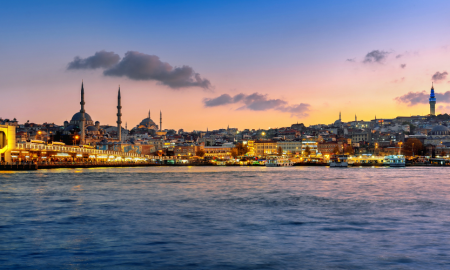

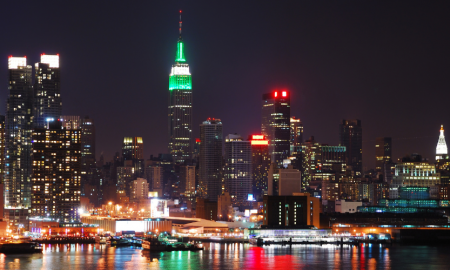




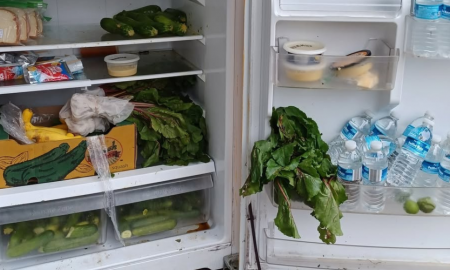


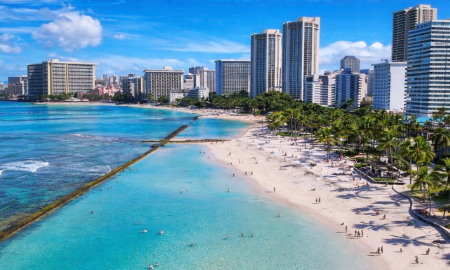



You must be logged in to post a comment Login